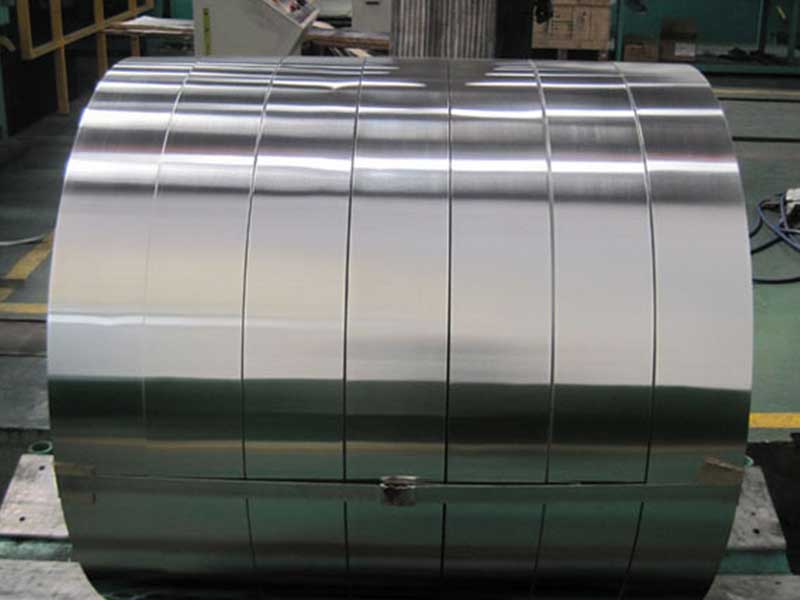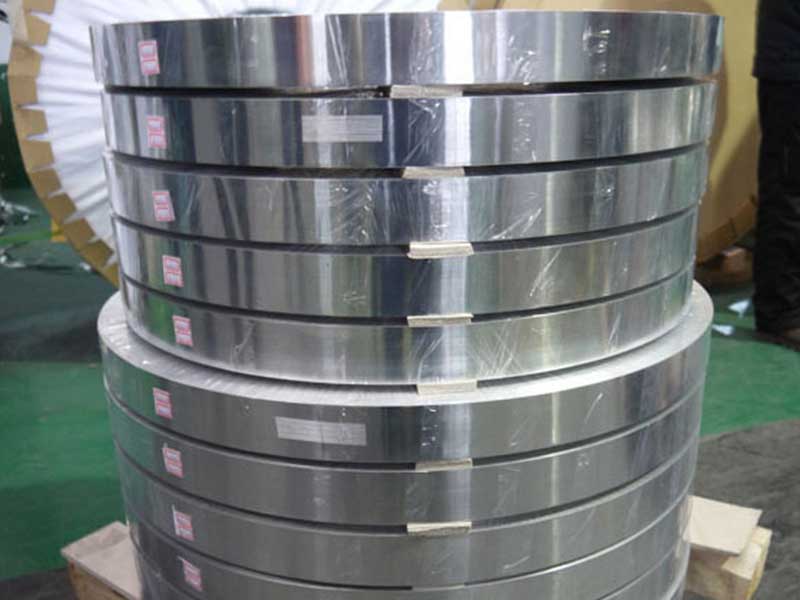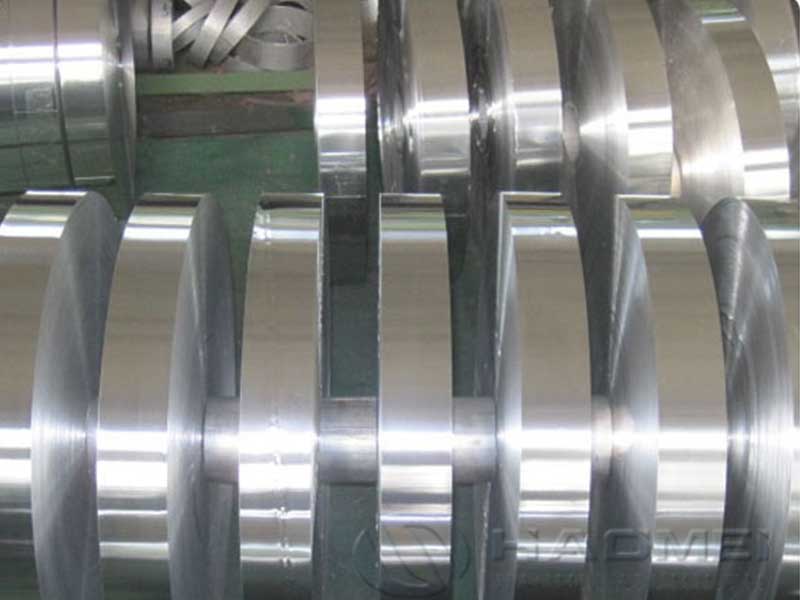Aluminum foil is an indispensable material recognized globally for its versatility and efficiency. Born from the stunningly lightweight yet robust characteristics of aluminum, this thin sheet of metal serves a multitude of purposes across various sectors. To fully grasp its capabilities, we delve into the types, features, and applications of aluminum foil.
Types of Aluminum Foil
Aluminum foil can be primarily divided into three categories, each serving distinct applications yet united by a shared foundation in aluminum's inherent benefits.
1. Household Aluminum Foil
This is the most commonly used type in kitchens around the world. Household aluminum foil typically comes in rolls with varying widths and thicknesses. It is lightweight, allowing for effortless maneuverability during cooking and food storage.
Features:
- Thickness: Generally, household foil has a thickness of about 0.016 mm.
- Flexible: This pliability makes it perfect for both wrapping food and lining pans.
- Recyclable: An eco-friendly aspect as it can be recycled multiple times.
Applications:
- Ideal for wrapping leftovers, preserving freshness, and preventing freezer burn.
- Commonly used for baking, grilling, and roasting because it conforms well to food shapes.
2. Heavy-Duty Aluminum Foil
Designed for tougher jobs, heavy-duty aluminum foil is thicker and more durable than household foil—ideal for culinary professionals and increased use.
Features:
- Thickness: Typically around 0.024 mm, providing increased strength.
- Resistance: Less prone to tearing or puncturing, thereby providing superior protection for foods.
Applications:
- Widely used in commercial kitchens for intricate cooking techniques and long-duration preparations, such as braising or slow-roasting.
- Perfect for freezer storage of meats and large quantities, ensuring maximum seal and protection against freezer burn.
3. Industrial Aluminum Foil
With unique specifications, industrial foil plays a significant role in various industries, including automotive, pharmaceuticals, and insulation.
Features:
- Customized: Available in ultra-thin gauges, can be engineered to specific requirements.
- Conductivity Enjoyed: An ability to conduct heat efficiently makes it suitable for insulation.
- Corrosion Resistance: Offers performance in diverse environmental conditions.
Applications:
- Used in packaging pharmaceutical products, preserving their integrity until consumption.
- Plays a crucial role in electrical applications and as insulation for buildings and appliances.













